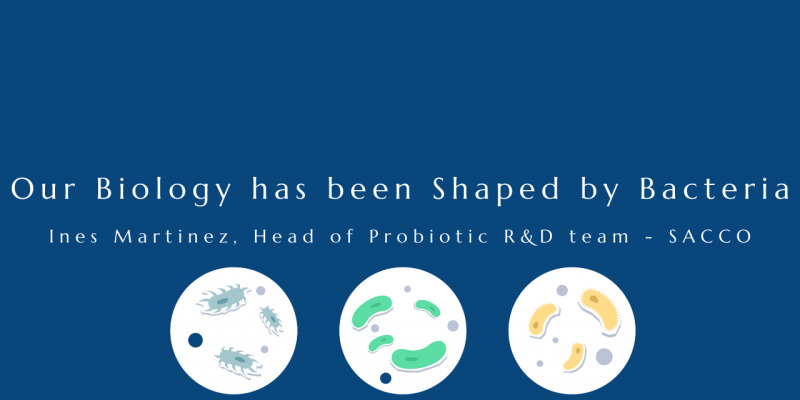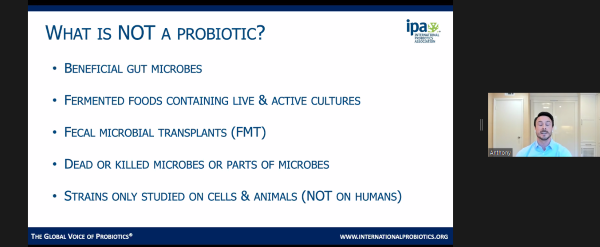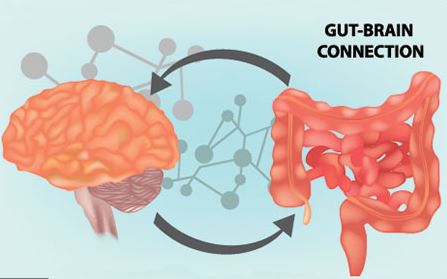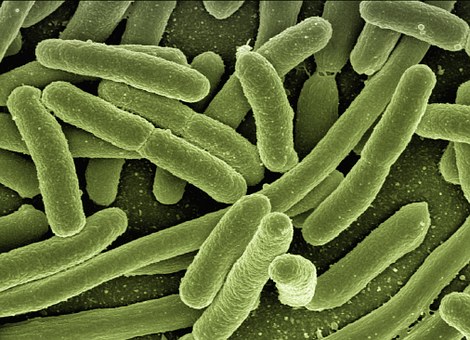by Ines Martinez,Head of Probiotic R&D team – SACCO Bacteria have inhabited our planet for 3.5 billion years, this was a long time before eukaryotic life emerged in our planet approximately 2.7 billion years ago. In short, we have evolved in a bacterial world, thus every aspect of our biology has been shaped in the […]
Scientific Committee
“Probiowhatics”: New Webinar from IPA & The Gut Stuff
The International Probiotics Association, in special collaboration with The Gut Stuff, recently hosted “Probiowhatics?” — a webinar with a panel of probiotic experts and influencers. Lisa MacFarlane, co-founder with her twin sister Alana Macfarlane Kempner of The Gut Stuff, introduced the sessions with George Paraskevakos, Executive Director of IPA. “Probiowhatics” speakers Anthony Thomas, Ph.D., Director […]
Probiotic modulation of the microbiota-gut-brain axis – a role for gender and age
Shikha Snigdha, Ph.D. and Jeremy Bartos, Ph.D. MeriCal There are differences between men and women in almost every aspect of health and physiology. Yet, when it comes to the microbiome and microbiome-related effects on mood and stress and related conditions, there is a paucity of products that differentiate between effects on men vs women. When […]
Probiotics: old fellows to prevent modern diseases
by Gianfranco Grompone, PhD, Chief Scientific Officer, BioGaia Microbiome science has reshaped some relevant biological concepts related to host-microbes interactions, establishing new insights on the functional mutualistic relationships between plants, vertebrates and its microbial communities. In this context, humans can be considered as “holobionts” defined as entities comprised of the host and all its symbiotic […]
Criteria to ensure the proper use of the word probiotic
For a microorganism to be considered probiotic, it must, according to the World Health Organization (WHO) and the Food and Agriculture Organization (FAO) be “live microorganisms that, when administered in adequate amounts, confer a health benefit on the host.” Now a new paper has translated this general definition into “four simple and pragmatic criteria allowing […]
Must-read: Global analysis of clinical trials with probiotics
Clinical studies supporting beneficial characteristics of microbes are mandatory for establishing relevant use of probiotics in target populations. A new study investigated which clinical studies with probiotics have been registered and where, and if the design, characteristics and quality of the studies are comparable to the overall registrations in ClinicalTrials.gov. In addition, an analysis was made […]





